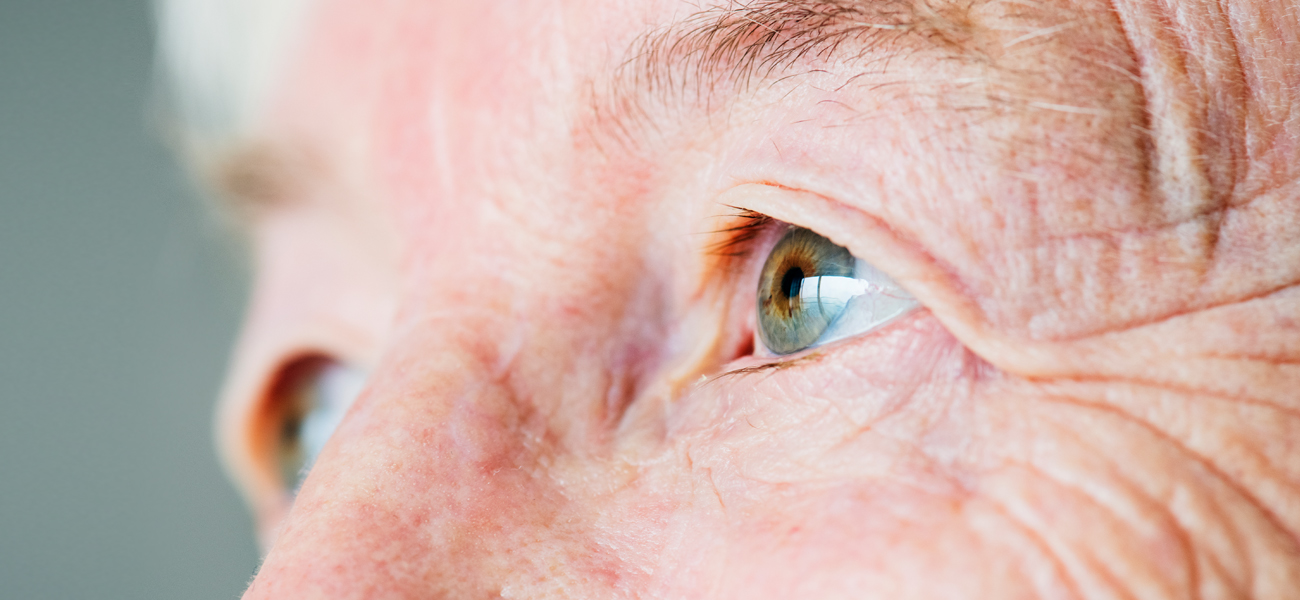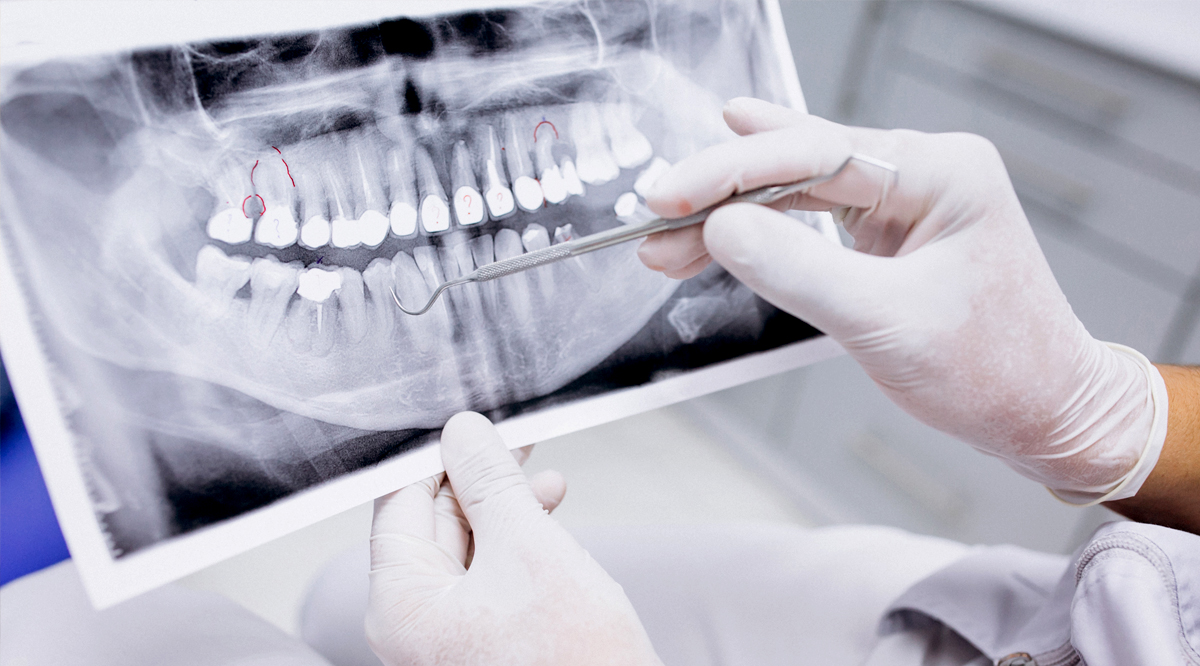-

Nutrition as an ally to our oral health
Nutrition is a fundamental factor both for good general health and oral health. In this article we share a series of dietary recommendations that contribute to preserving the state of our mouth and teeth, with a special focus on the elderly and the common oral conditions associated with age.
-

How does diabetes affect our oral health?
Diabetes is a chronic disease with a high prevalence, which among other alterations can lead to significant complications in the oral health of those affected. For this reason, prevention and a specialised therapeutic approach in dental care are essential, especially for elderly people who live in nursing homes and have reduced mobility.
-

Oral health in the face of Alzheimer’s disease
Over the last few years, several pieces of evidence have emerged that point to the relationship between gum disease and the development of dementias, including Alzheimer’s disease. Progressive cognitive impairment makes it very difficult to maintain proper oral hygiene habits, so specialised oral health care is essential for all those affected.
-

Does periodontitis contribute to glaucoma?
Over the last few years there have been important advances in scientific evidence indicating that periodontitis or gum disease, consisting of inflammation and infection of the ligaments and bones that support the teeth, shares pathogenic mechanisms with other systemic conditions affecting the state and functioning of the body, in multiple aspects. In previous articles we…
-

Osteoporosis: the silent enemy of our teeth
Osteoporosis is a complex disease caused by a metabolic disorder and characterised by the deterioration of the structure of the bone tissue due to a reduced presence of mineral components. As a result, people who are affected have increased bone fragility and an increased risk of fractures. According to the World Health Organization (WHO), it…
-

Is there a link between oral and kidney health?
Oral health is closely related to the appearance or development of other types of pathologies, and therefore directly affects people’s general state of health. In this article we will review the evidence that establishes the relationship between the health of the mouth and teeth, and kidney disease, a subject that is often unknown. First of…
-

Gingival recession: when the gums recede
Gingival recession is defined as the process of gum recession, both localised and at a general level. It causes part of the tooth that was previously hidden to be exposed and become vulnerable to external factors. Among the causes, we can find both predisposing factors and triggers, it is considered to be a multifactorial condition,…
-

Xerostomia: more than just a dry mouth
We have all experienced the unpleasant sensation of having a dry mouth, called xerostomia, which is caused by a decrease in saliva production. The general symptoms of this disorder are, dry lips and mucosal dryness, and can sometimes cause atrophy and hypersensitivity, including other symptoms such as the formation of fissures on the tongue or…
-

How does oral health affect the treatment of hypertension?
There is increasing evidence identifying a close relationship between oral health and our general state of wellbeing. Several studies have revealed a link between the health of our mouth and the symptoms and development of multiple pathologies such as cardiovascular diseases, osteoporosis, kidney disease or even Alzheimer’s. A study published in the journal Hypertension by…

